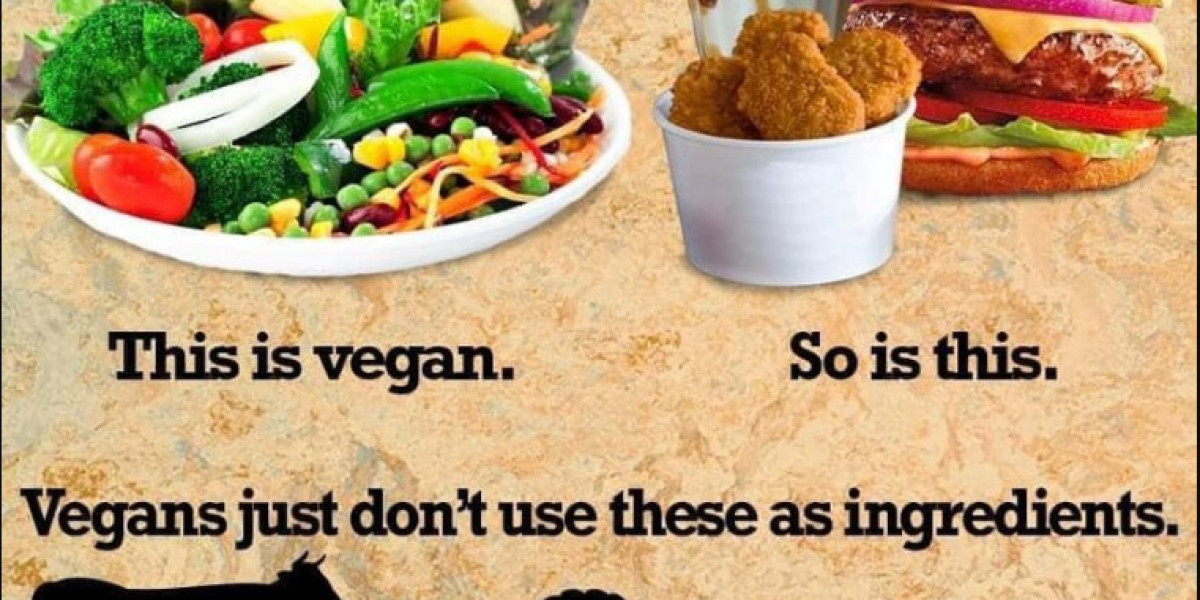When it comes to the vegan diet, there's no shortage of myths circulating in popular discourse. From concerns about protein deficiency to assumptions about tasteless meals, misconceptions about veganism persist despite growing awareness about its benefits. In this article, we aim to debunk some of the most common myths about the vegan diet, shedding light on the truth behind these misconceptions.
One prevalent myth about the vegan diet is that it lacks essential nutrients, particularly protein. Contrary to this belief, a well-planned vegan diet can provide all the protein necessary for optimal health. Legumes, tofu, tempeh, nuts, seeds, and even grains like quinoa are rich sources of protein. By incorporating a variety of these foods into their diet, vegans can easily meet their protein requirements without relying on animal products.
Another myth about the vegan diet revolves around taste and variety. Some people assume that vegan meals are bland and monotonous. However, the reality is quite the opposite. Vegan cuisine encompasses a diverse range of flavors, textures, and ingredients from around the world. From hearty vegetable stews to vibrant salads and creative plant-based alternatives to meat and dairy products, there's no shortage of delicious options for those following a vegan lifestyle.
One of the most persistent myths about the vegan diet is that it is inherently restrictive and difficult to follow. While it's true that transitioning to a vegan lifestyle may require some adjustments, it's entirely possible to enjoy a balanced and satisfying diet without animal products. With the growing availability of vegan-friendly products and resources, including cookbooks, online recipes, and vegan-friendly restaurants, making the switch to a vegan diet has never been easier.
In addition to debunking these myths, it's essential to highlight the numerous benefits of adopting a vegan diet. Not only is a plant-based diet beneficial for personal health, but it also has positive implications for the environment and animal welfare. By reducing the demand for animal products, vegans can contribute to mitigating climate change, conserving natural resources, and promoting compassion towards animals.
In conclusion, it's time to dispel the myths surrounding the vegan diet and embrace the truth about its health, taste, and accessibility. Contrary to popular belief, veganism is not synonymous with deprivation or blandness. With proper planning and a willingness to explore new foods, anyone can enjoy the benefits of a plant-based diet. So let's put an end to the misconceptions and celebrate the diversity and deliciousness of vegan cuisine.


